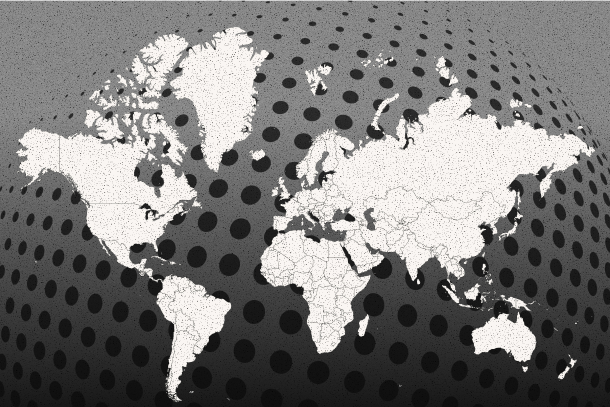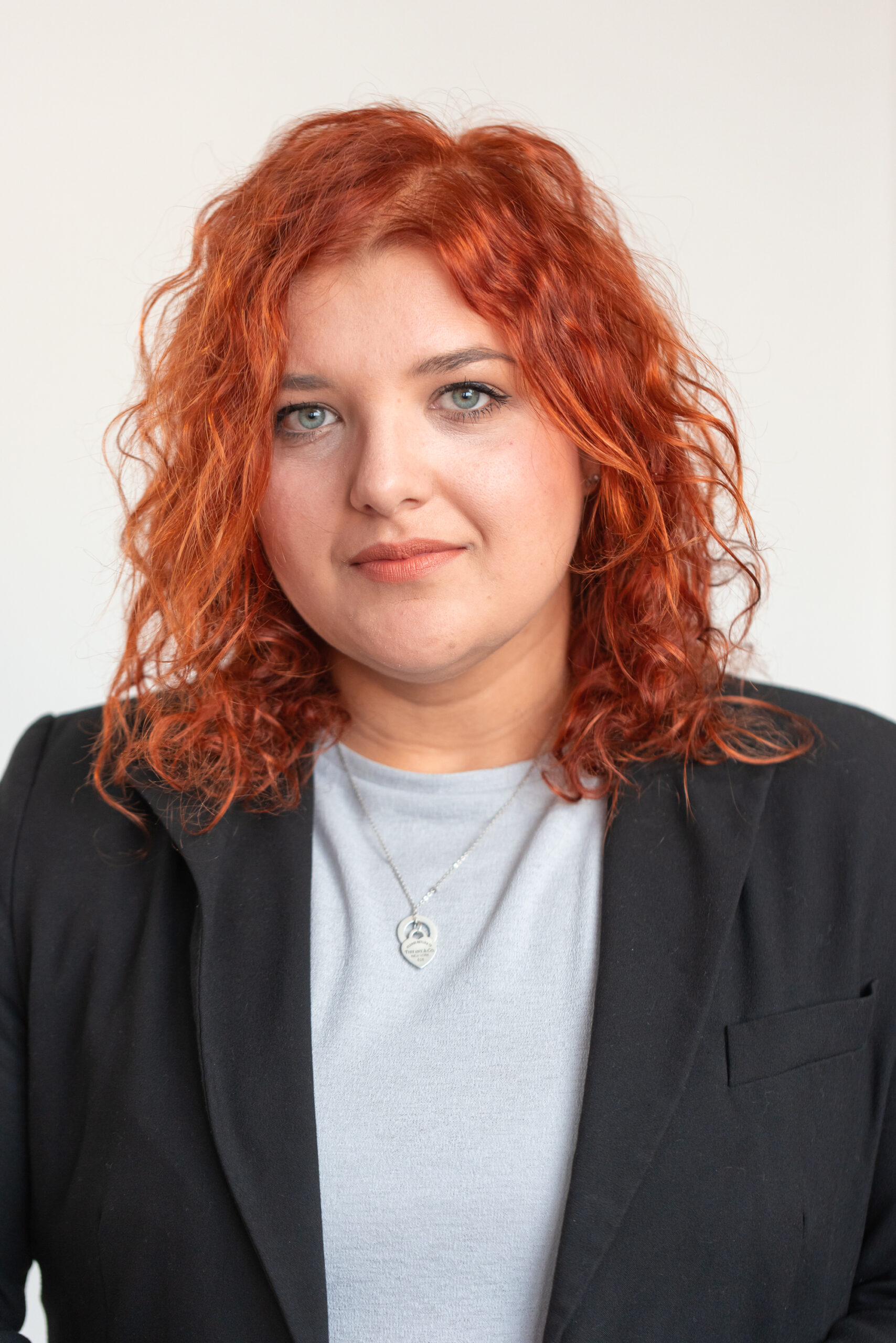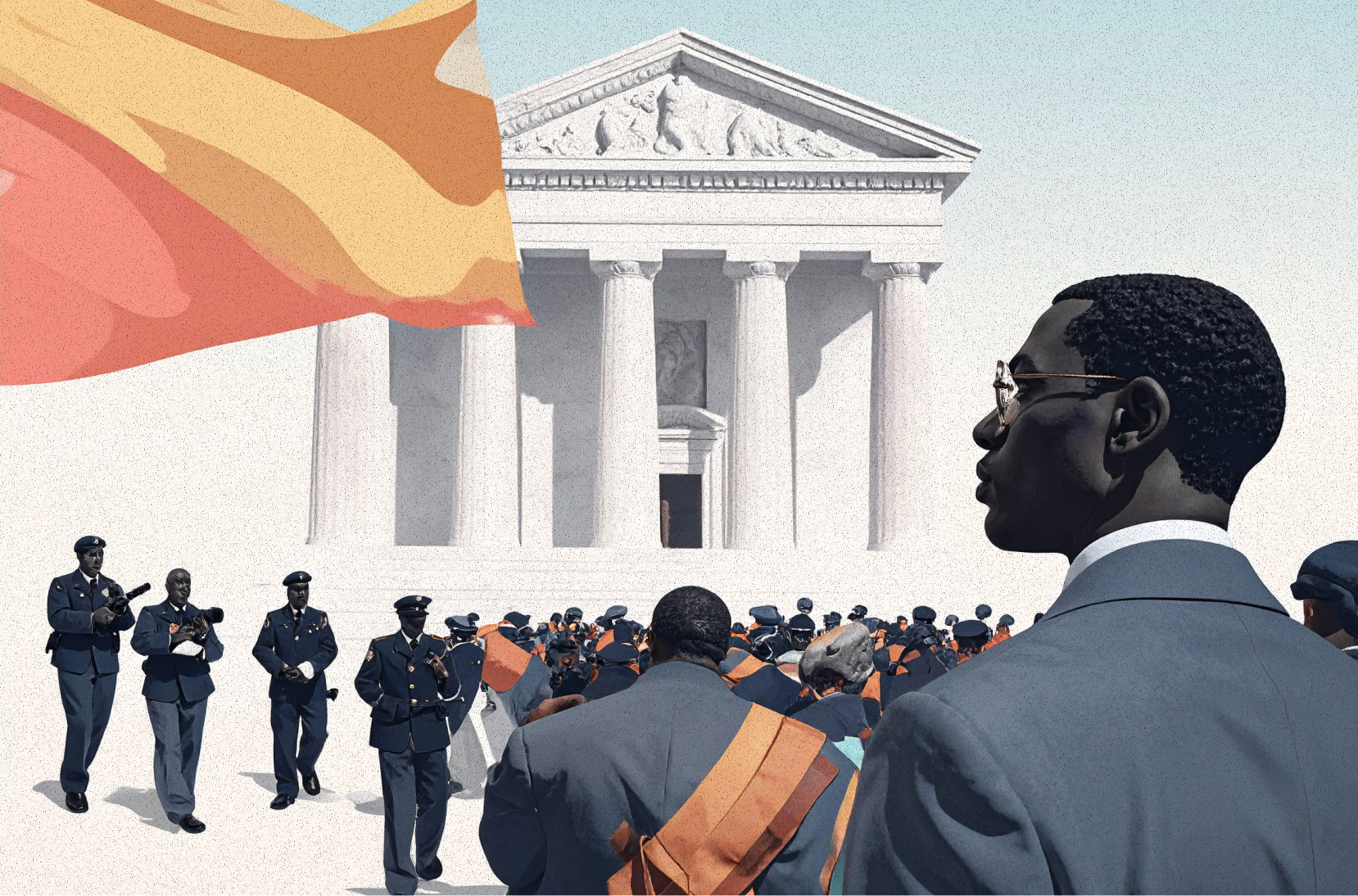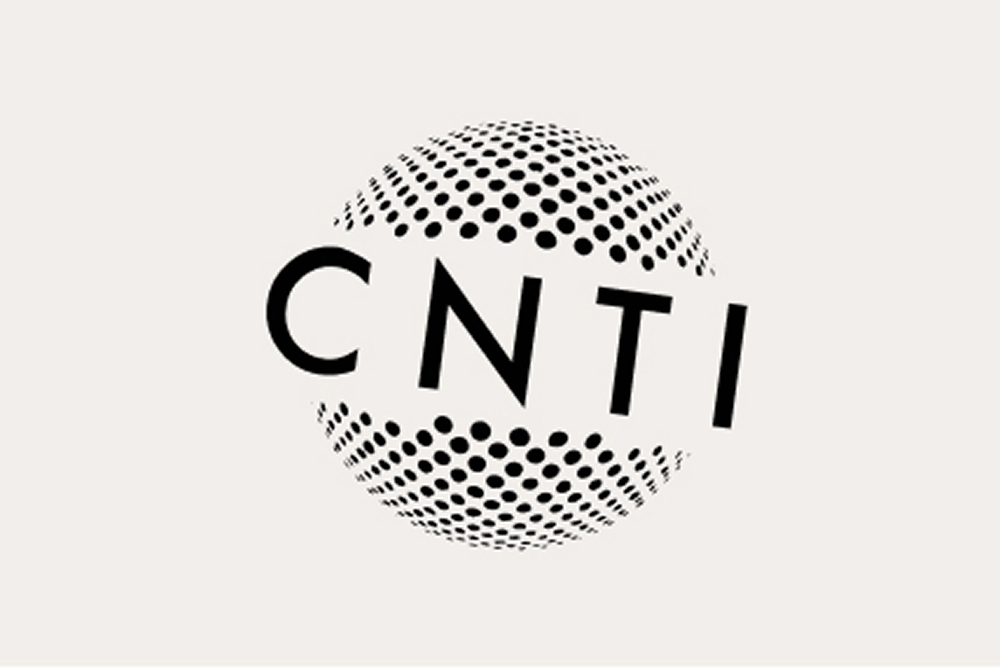Editor’s Note
This essay is part of CNTI’s “Letters from the Field” series, in which journalists from around the world share their experiences reporting in restrictive spaces and share advice for journalists in the U.S.
I don’t even remember when or how I decided to become a journalist.
It was somewhere around elementary school. The “why” was never clear to the people around me. Being a journalist in Serbia is stressful, often thankless, and many see it as a dead-end job. But I guess I just wanted to do it. I still do. Being a voice for people who don’t have one — that part has stayed with me.
In university, I wrote for Žurnalist, a student-run monthly magazine. For a group of undergrads, it was serious work. We won awards, tackled real issues. But I often felt limited by the format — so much depended on whether someone agreed to talk. Investigative journalism seemed like a solution. With documents, data and proof, you didn’t need anyone’s permission to tell the truth.
At least, that’s what I thought — before I realized how hard it could be to get those documents in the first place.
In Serbia, media freedom has never been a given. We have never had a solid foundation of transparency or accountability. Journalists have been working under pressure for decades. Some were even killed. To this day, their murders remain unresolved. When people ask me when things started to decline, I say: they didn’t. Things have always been difficult — they’re just becoming more refined. Institutions have learned how to block access in smarter, quieter ways. And some don’t even bother to hide it. I’m still not sure which is worse.
Letters From the Field
From Afghanistan and Nigeria to Ukraine, journalists speak of exile, legacy, and resilience. Read their stories, insights, and calls to action.

A few years ago, at the Center for Investigative Journalism of Serbia (CINS), we had what seemed like a simple idea: let’s build a database showing how much members of parliament (MPs) cost taxpayers. Salaries, housing allowances, travel reimbursements, daily stipends. Nothing revolutionary — just public information, presented in a clear, searchable format so people could understand where their money was going.
We expected it to be quick. It wasn’t.
We filed freedom of information requests. We explained the public interest. Still, the National Assembly delayed, redirected and sent us partial responses. Some requests were simply ignored. And this was before the pandemic. COVID-19 only made things worse.
It took nearly seven months of emails, clarifications, verifications and data cleaning to get data for 402 MPs — except for one well-known name: the president of the National Assembly, Maja Gojković. At some point it felt ridiculous — why did we have to fight this hard for information that should be on a government website by default?
But we kept going. And eventually, we published the database: Koliko košta poslanik? (How Much Does an MP Cost?). The response was immediate. People shared it, used it, cited it. It became a resource — not just for citizens, but for other journalists and researchers.
What that project taught me is this: When those in power want to stay invisible, they don’t have to say “no.” They just make things slow, complicated and exhausting — so you stop asking. Almost every request becomes a negotiation. Sometimes with the institution, sometimes with yourself. Is it worth it? Will they ever respond? Can I make this story work with what little I have?
It’s designed to wear you down.
But when you finally get the data — when you clean it, understand it, and tell the story — it’s worth it. That feeling of clarity, of creating something useful out of what was meant to stay hidden, is why I keep going.
To keep doing this kind of work, I’ve learned to lean on a couple of things. First, teamwork. Good investigative journalism is never a solo effort. My colleagues have saved stories more times than I can count. Second, learning. Over the years I’ve taken every opportunity to grow — through data training, visualization, digital security. Recently, I was accepted into Columbia University’s Lede Program to deepen those skills. And third, trust. Building relationships with sources who know how systems actually work — who can guide you, explain the fine print or simply say, “You’re asking the right question”—that’s priceless.
To journalists in the U.S., I know our contexts are not the same. But the erosion of press freedom doesn’t always come with sirens. Sometimes it feels like a locked door, an unanswered email, a law on a piece of paper. And in those moments, it can be easy to feel like you have failed.
You haven’t.
We don’t do this job because it’s easy. We do it because it matters. And when it gets hard, we get creative. We insist. We persist.
Because sometimes, persistence is the method.
Teodora Ćurčić is a data journalist and multimedia producer from Serbia, with a strong focus on investigative reporting and data-driven storytelling. Over the years, she has worked on topics such as political finance, election manipulation, gender-based violence, and systemic failures that affect everyday people. Teodora has developed public databases that bring transparency to political spending and corruption cases, and she regularly trains journalists in using data, open sources, and visualization tools. In summer 2025, she will join the Lede Program at Columbia University to deepen her skills in programming, data analysis and visual storytelling. Teodora cares deeply about using journalism to make institutions accountable — and she really enjoys making maps.
Share



